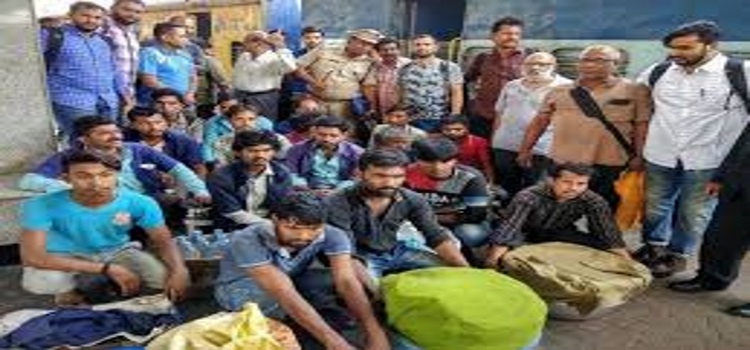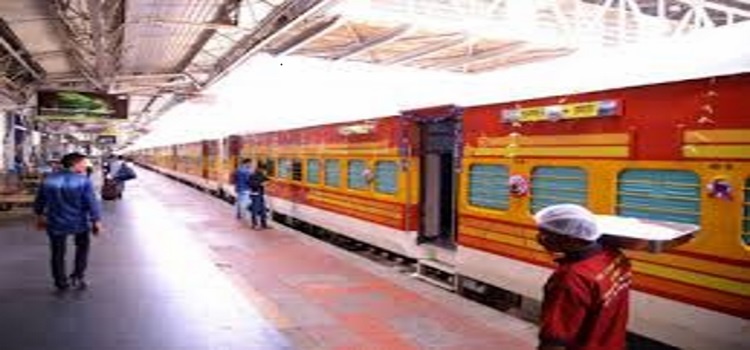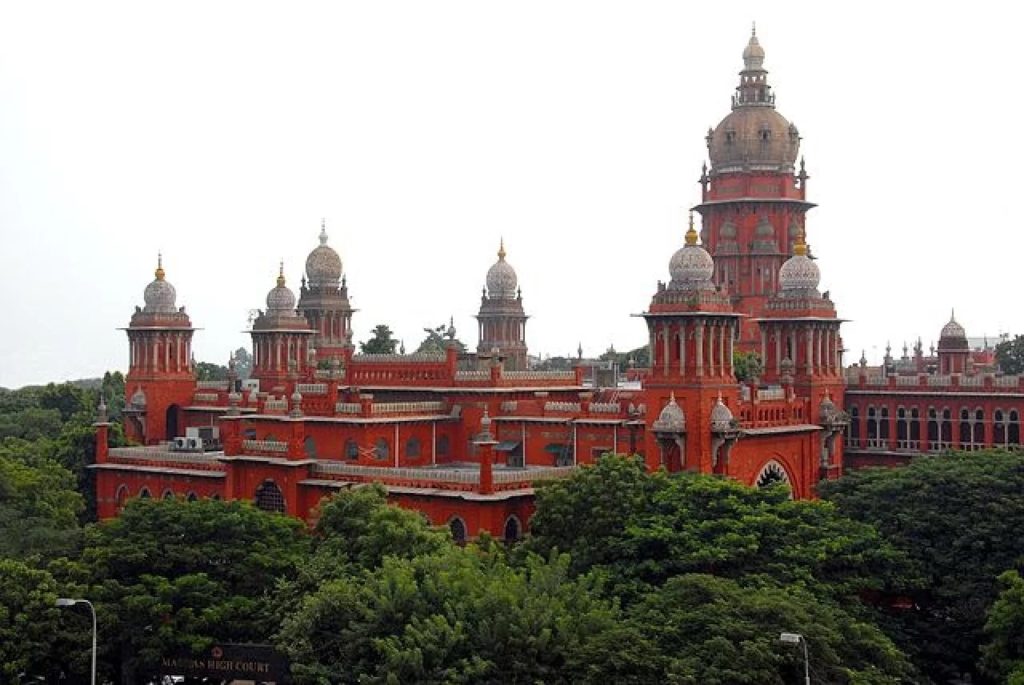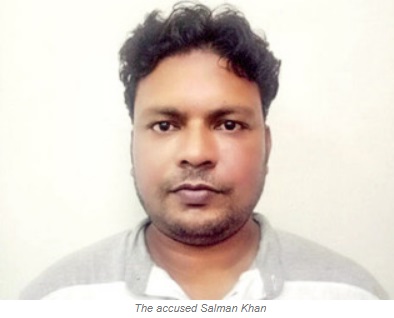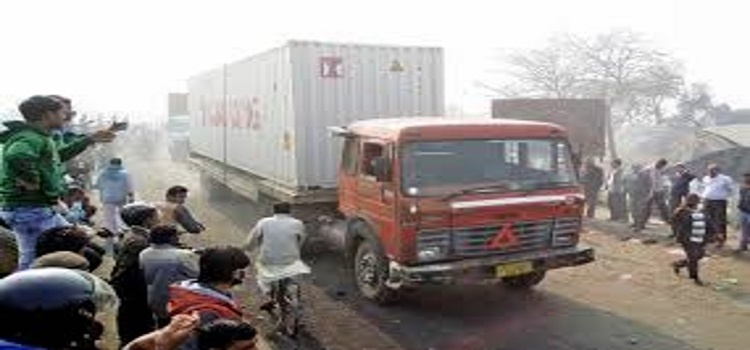NEW DELHI: The Indian Railways has always endeavoured to provide a smooth and comfortable travel experience to its passengers. In a move to increase the safety of train operations and reduce the chances of the signal failing, the Indian Railways had tried to implement Artificial Intelligence (AI) in November 2017.
On a related note, the IRCTC (Indian Railway Catering and Tourism Corporation) has also been taking steps to improve its catering services, including bringing down the prices of various food items.
However, the complaints have not ceased, and in a bid to salvage its reputation, which has taken a serious hit, the Railways is looking to implement AI-based technology to improve its catering service. In order to serve hygienic food with the help of Artificial Intelligence (AI) to railway passengers, the catering services of Piyush Goyal-led Indian Railways are all set to undergo a major ‘technological’ revolution.
Interestingly, Indian Railway Catering and Tourism Corporation (IRCTC), which is the catering arm of the national transporter, will use AI vision detection, according to a Pioneer report. High definition cameras, connected to huge monitors, have been installed at all the 16 base kitchens at the IRCTC headquarters across the National Capital, the report said. With this system, any rodent, bug or cockroach in any of the base kitchens can be tracked and with the help of AI, the matter will reach various stakeholders right till the IRCTC Managing Director in real time.
Recently, Railway Minister Piyush Goyal emphasized on the use of AI and innovations in order to transform the face of the national transporter. According to a senior railway official, to improve the catering units, the AI system, known as Obots, will be used, which can track any peculiarity in the catering operations. Further to this, he elaborated by saying that if a chef is not wearing the proper uniform, the AI system will track that and will notify it to the server which will then send a report to the mobile of the concerned contractor immediately and in case, if the issue is not addressed within 15 minutes, it will further be reported to IRCTC authorities in charge. Still, if no action is taken then the issue will be escalated to IRCTC Managing Director, he added. He also claimed that the technology will be made fully operational soon.
Last year, the Comptroller and Auditor General of India (CAG) informed the parliament about flies, insects, dust, rats and cockroaches found in trains and food items. It also mentioned that to prepare beverages, unpurified water straight from the tap was used, waste bins were found without covers, which were not emptied regularly and were not washed. The official said that the new system will now be able to check all such issues. Also, food items will be served in biodegradable use and throw bagasse, which will give no scope to reuse the existing culinary used now.
Improved Sorting
The systems use cameras, Near Infra-Red (NIR) spectroscopy, x-rays, and lasers to measure and quickly analyze every aspect of the vegetable as it moves along. While older automatic sorting systems were just focused on sorting the bad from the good, artificial intelligence and machine learning creates the capability to sort foods for their optimized use. For example, potatoes can be sorted based on which ones will produce the least waste when cut into french fries and which ones would work best for potato chips.
Improved Food Safety Compliance
Cameras in the kitchen or food facility watch to make sure that individuals are wearing masks or hair protection when required by safety regulations. Violations can be caught and corrected in near real time.
IRCTC will use AI object recognition for numerous applications, services and menus.
Improved Cleaning
IRCTC claim that the technology could in theory save food processing and reduce the amount of time it takes to clean equipment which saves money on water, energy, and time too. According to the officials, cleaning accounts for 30 percent of energy and water use at food manufacturing facilities. IRCTC believes it could reduce cleaning times by up to 50 percent, enabling less downtime and more productivity.
With traditional non-sensor enabled equipment it is difficult or impossible when every small part of drink processing and storage equipment has been cleaned. The current method of cleaning equipment often has no sensors or ability to see inside the equipment. As a result, IRCTC have designed the cleaning procedure to run as long as would be necessary to deal with these worst possible scenario. Without being able to see inside the equipment that is the only way to assure it has been completely cleaned. That can require a lot of unnecessary cleaning, which wastes water and cleaning chemicals.
IRCTC is also testing their Self-Optimising Clean-in Place system. It uses ultrasonic sensing and optical fluorescence imaging technologies to feed information to an AI program to monitor the amount of food and microbial debris in the equipment. The AI will self-optimise the process to only run the cleaning system only as long as necessary.
Food processing is relatively unique in being one sector where IRCTC can offer an effectively endless variety of options given all the flavors, spices, and ingredients that exist. Recipes can be tweaked in an unimaginable number of ways. Figuring out exactly what customers want is an enormous challenge, and IRCTC is turning to AI to help with that process. This is just one way the sector is using AI. Artificial intelligence is now informing one of the world’s largest food companies which new products they should create. AI is not just being used to find out what flavor combinations people are making on their own but also to help people choose new flavor combinations.

